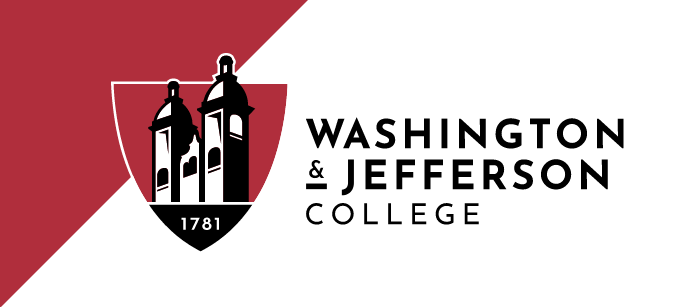The death of George Floyd at the hands of a Minneapolis police officer on May 25th has prompted a wave of citizen protests both domestically and abroad, from the largest cities to small towns like Washington, PA. Our program is heartened to see this tragedy recognized not as an isolated incident of tactics gone wrong, but as a salient point in much larger patterns of structural injustice.
To make a pretense to neutrality in matters of justice is to comply with and abet the pursuit of unjust aims. We, both as individuals and in our work as a program, make it our work to redress and resist those injustices within our scope while equipping our students to take the lead in a more just future.
That commitment to present and future justice demands not merely that we sympathize with those who experience injustice, but that we take anti-racist stances and actions in our positions as faculty. It is not enough to simply not be racist in our attitudes and convictions; we must take an active role in altering the practices of our college and institutions of our society. These are not initiatives to be developed, delivered and forgotten; these are ways of conducting our lives with others that we endorse and project forward as far as our vision permits.
It is our constant duty – in the service of all of our students’ flourishing – to make our classrooms inclusive of marginalized communities, create space for their voices, and challenge the broadly-held assumptions that make structural racism possible. Our work on that mission continues. But we will also continue to challenge ourselves, our colleagues, and our institution to foster a curriculum and a climate that embody anti-racist values – and live up to them.

